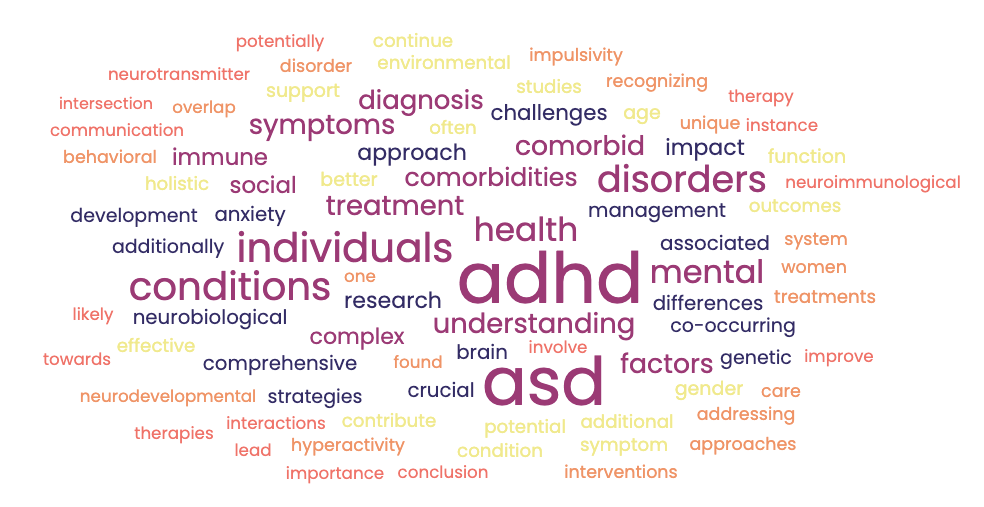“As a man thinkith, so is he,” is a profound statement. Though perhaps not its original intent, this phrase highlights our tendency to become so embroiled with the content of our thoughts that we lose many other aspects of ourselves. The concept of cognitive fusion refers to our tendency as speakers of language to merge our thoughts about events with the events themselves. Put another way, we lose sight of the fact that we are actually thinking and accept the content of our thoughts as reality. While this is useful for a great many tasks, it means that we often lose touch with many aspects of the present moment such as touch, texture and bodily sensations. When we interpret our thoughts as reality in this way, they have tremendous power over us.
Depression, one of the most common mental health issues in the United States, is characterized by negative thinking. Common depressive thoughts are, “Nothing ever goes right for me,” “What’s the point?”, “I’m a failure,” “I can’t handle it anymore.” These negative thoughts become the reality of the world we construct.
One of the most effective psychological treatments for depression, cognitive behavioral therapy, focuses on using techniques to change the content of negative and maladaptive thoughts. Newer cognitive therapies, such as Acceptance and Commitment Therapy, have refocused on helping people change their relationship to thinking using a technique called cognitive defusion.
Cognitive defusion is a process by which we can gain a greater perspective of language and thinking. This creates distance from thoughts and allows for greater freedom and flexibility. Cognitive defusion exercises are particularly useful when you find yourself trying to control your thinking, are generating reasons to justify an unhealthy behavior or are so attached to being “right” that it harms your life in some way. Below are some strategies you can try to gain some perspective on your own thinking;
1. Create distance from your thoughts. Try to preface problematic thoughts with, “I am having the thought that ….I am a loser.”
2. Repeat a troublesome thought out loud over and over until it loses its meaning.
3. Try singing your thoughts or saying them in funny voices.
4. Visualize a river with leaves floating along. Picture calmly placing each thought on a leaf and watch as it floats down the river.
5. Picture yourself as a mountain, with changing seasons, storms and all kinds of weather. The mountain remains rooted and grounded, unchanged by passing storms. You can be like the mountain and observe thoughts, feelings and sensations.
For people struggling with depression negative thoughts can be overwhelming. Hopefully, the above cognitive defusion techniques can help to create some distance from thoughts and allow greater flexibility to move in valued directions. In the next installment I will demonstrate how to use these techniques with common negative thoughts.








